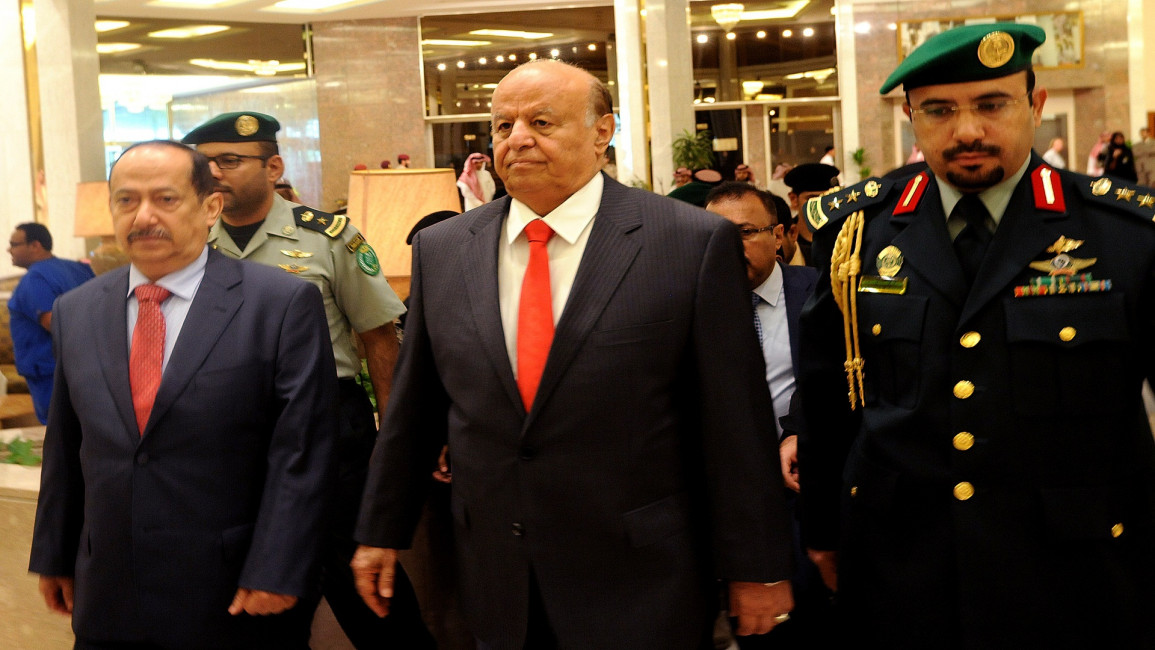Riyadh conference accuses Yemen's Houthis of 'aggression'
The Riyadh conference on the crisis in Yemen concluded on Tuesday, with those opposed to the Houthis and the country's former president Ali Abdullah Saleh delivering a closing statement calling for an end to what they labelled “aggression” by the Houthi-Saleh forces.
The statement, labelled the Riyadh Declaration, outlined an agreement to form a federal Yemeni state comprising of several regions.
The Declaration also reiterated support for local forces resisting the advance of the Houthi-Saleh forces across the country.
The end of the Saudi-sponsored conference came as Saudi-led coalition airstrikes resumed in Yemen, following a five-day ceasefire that was adhered to in parts of the country, and that saw airstrikes stop.
Witnesses said that the targets included the Republican Guard missile base in Faj Attan, in southern Sanaa, where strikes last month set off a chain of explosions that killed 38 civilians.
Coalition aircraft also hit air defence and coastguard bases in Hodeida province on the Red Sea coast, witnesses said, as well as raids in Taiz, Dalea and Aden.
The Riyadh Conference featured three days of negotiations and closed meetings in the Saudi capital, and featured an array of political parties and independents, with some members of Saleh's General People's Congress party also present.
The Houthis did not attend, demanding the talks be held in Yemen.
On the humanitarian agenda, the attendees agreed to muster regional and international support and raise funds for humanitarian aid and relief, which they plan to expand and improve, as well as to provide basic services, food, medication and camps for displaced people.
The Declaration also included a call for “legitimate” state institutions to resume their work inside Yemen.
Yemen's internationally-recognised government is largely in exile, with Yemeni president Abd Rabbo Mansour Hadi, and vice-president Khalid Bahah, in Saudi Arabia.
The Houthis officially took over the state's institutions in the capital Sanaa in February, in what opponents have labelled a coup.
The Houthis, along with allied Saleh loyalists, will be held to account, according to the Riyadh Declaration, and those found responsible for war crimes, particularly in the cities of Aden and Taiz that have witnessed fierce fighting, be tried. This points to a compromise solution with the Houthi-Saleh forces still not being on the table.
The Declaration also added that displaced people, of which the UN now says there are 500,000 of, should be allowed to return to their homes promptly, and be fairly compensated.
The UN has said Tuesday that 1,850 people have died in the conflict, many of them civilians, in the war in Yemen.



